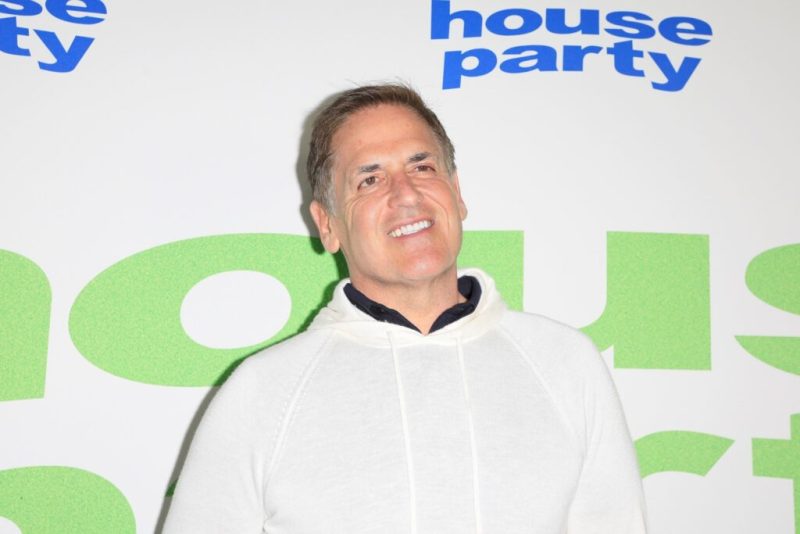
Billionaire Mark Cuban recently launched a scathing attack on Amazon, accusing the e-commerce giant of exploiting American sellers amidst ongoing trade disputes and predicted tariff increases. Cuban’s criticism centers on Amazon’s perceived inaction in the face of rising tariffs, suggesting the company is profiting from the situation at the expense of its smaller vendors.
He argues that Amazon, with its massive resources and influence, could be doing more to mitigate the negative impacts of tariffs on its third-party sellers. These sellers, many of whom are small businesses, are facing significantly increased costs due to import tariffs. Cuban’s assertion is that Amazon is not only failing to assist these businesses but is potentially benefiting from their struggles as increased costs could drive up prices, indirectly increasing Amazon’s profits.
This isn’t just a matter of ethical concern; it also has significant economic implications. The predicted boost in profits for some e-commerce brands due to the tariffs is a double-edged sword. While some larger companies might thrive, many smaller businesses could be forced to close or drastically cut back operations. This could lead to job losses and a less competitive marketplace.
The situation highlights the complex relationship between large corporations and smaller businesses within the e-commerce ecosystem. Amazon’s dominance in the market gives it considerable power, and questions are being raised about whether it’s using that power responsibly. Cuban’s outspoken criticism adds fuel to the ongoing debate about the ethical responsibilities of large corporations, particularly in times of economic uncertainty.
While Amazon hasn’t yet responded directly to Cuban’s accusations, the debate raises important questions about the future of e-commerce and the balance of power between major players and smaller businesses. It also underscores the need for a closer examination of the impact of trade policies on the entire supply chain, not just the bottom lines of large corporations. The coming months will be critical in observing how this situation unfolds and what, if any, action Amazon takes to address these concerns.










